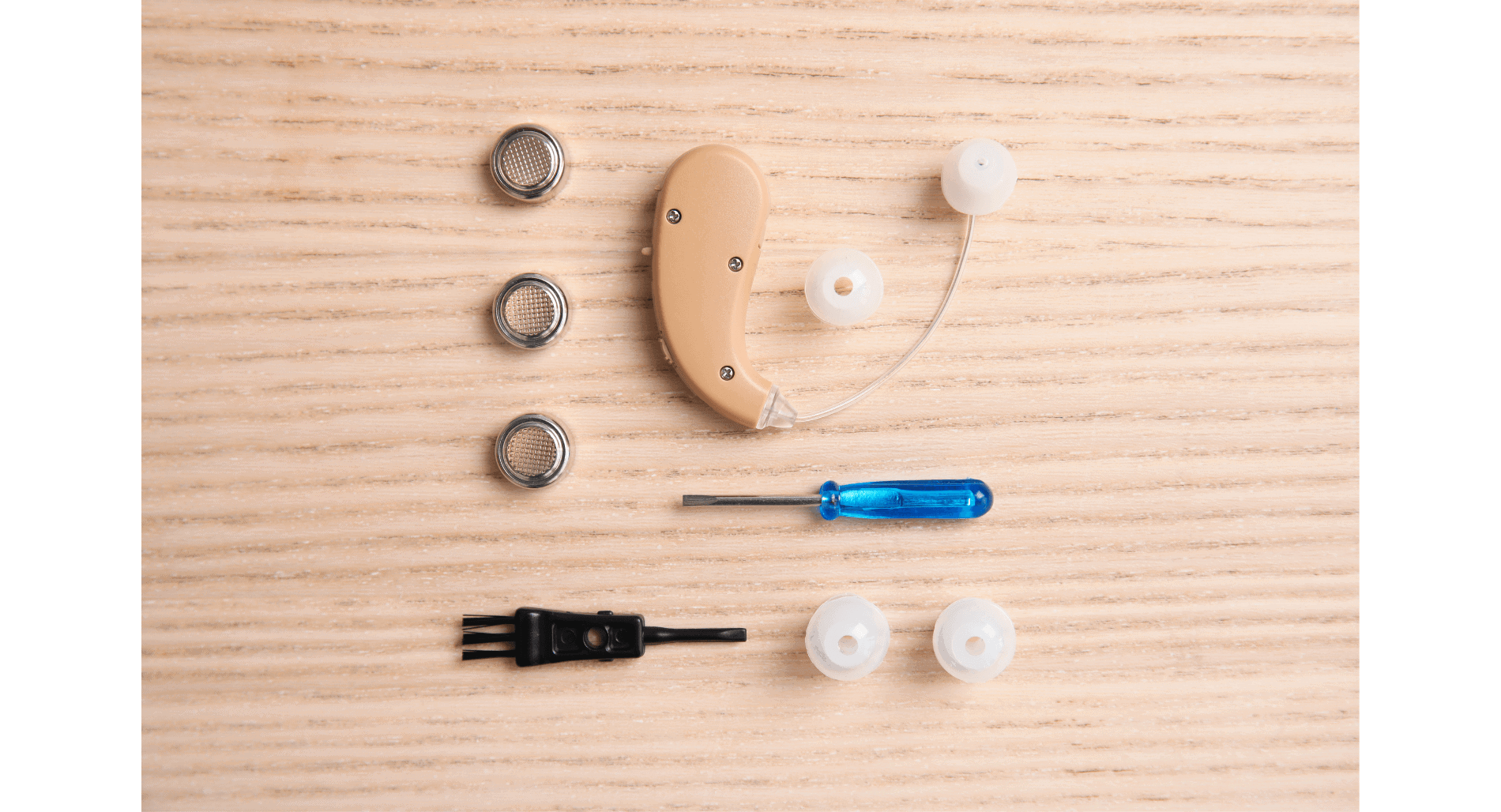
Maintaining your hearing aids is crucial for ensuring optimal performance and longevity. Proper maintenance is essential for several reasons. Firstly, it preserves the performance of your hearing aids. By keeping them clean and well-maintained, you can ensure that they continue to deliver clear, crisp sound quality and reliable amplification for your hearing needs. Additionally, maintenance helps prevent damage to your devices, such as moisture buildup, wax accumulation, or physical wear and tear. By addressing potential issues early and implementing preventive measures, you can minimize the risk of costly repairs or replacements down the line.
Daily Cleaning Routine
Establishing a daily cleaning routine is paramount for maintaining your hearing aids. Use a soft, dry cloth to wipe down the exterior surfaces, removing any dust, dirt, or debris. Pay close attention to the microphone and receiver ports. Use a brush or pick tool to gently clean them and remove any wax buildup. Avoid using water or cleaning solutions, as they can damage the delicate components of the devices.
Protecting Against Moisture
Moisture is a common enemy of hearing aids, as it can cause corrosion and damage to internal components. To protect your devices from moisture, consider investing in a hearing aid dehumidifier or drying kit. These devices help remove excess moisture overnight, keeping your hearing aids dry and functioning optimally. Additionally, store your devices in a dry, ventilated location when not in use, and avoid wearing them in environments with high humidity, such as bathrooms or saunas.
Replacing Batteries Regularly
Ensure that your hearing aid batteries are fresh and fully charged to maintain optimal performance. Keep track of battery life and replace them as soon as you notice a decrease in power or if your devices start to sound weak or distorted. It’s a good idea to keep spare batteries on hand to avoid interruptions in hearing aid usage, especially during important activities or events.
Avoiding Exposure to Extreme Conditions
Exposure to extreme temperatures, humidity, or direct sunlight can damage your hearing aids. Avoid leaving your devices in hot cars, humid environments, or places with excessive moisture. Similarly, protect your hearing aids from direct sunlight, as prolonged exposure can cause discoloration and damage to the casing. When not in use, store your hearing aids in a protective case to shield them from environmental hazards.
Professional Maintenance and Check-ups
Regular check-ups with your provider are essential for monitoring your hearing health and ensuring that your hearing aids are functioning optimally. Schedule annual or biannual appointments for a comprehensive hearing health exam and professional cleaning and maintenance of your devices. During these appointments, your provider can assess your hearing needs, clean and inspect your hearing aids, and make any necessary adjustments to ensure optimal performance.
You should always seek prompt professional assistance if you experience any issues or changes in the performance of your hearing aids. Attempting to repair the devices yourself or ignoring minor problems can lead to further damage and compromise their effectiveness. Your provider has the expertise and specialized equipment to diagnose and address any issues promptly, ensuring that your hearing aids continue to meet your needs effectively.
Proper maintenance is essential for preserving the performance and longevity of your hearing aids. By following these tips and seeking professional assistance when needed, you can keep your devices in top condition and enjoy clear, comfortable hearing! Happy cleaning.
